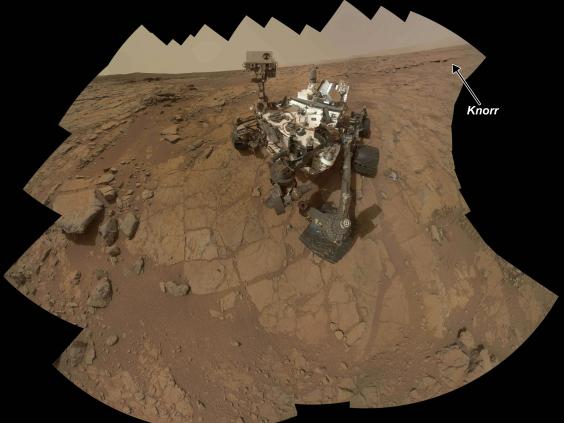How would you feel if a robot looked after your child? Worried? Anxious? What if that robot was as intelligent as yourself, if not more so, and was able to react to every problem and whim without ever tiring or wanting to scream?
For those studying and working in artificial intelligence, creating this kind of situation could so easily become a reality.
“AI is embedded in many educational applications,” explains Janet Read, a professor in child computer interaction at the University of Central Lancashire, pointing to new gesture recognition and interpretation technologies.
“Brain computer interfaces are detecting mood and emotion and in the near future robotic and virtual systems might be able to partially take on the care of children.”
AI is one of the most exciting fields of technological study, giving computers the ability to ‘think’, ‘learn’ and adapt when faced with a host of data.
But it is not a technology of the future. It is all around us today, pervading our everyday lives and allowing us to take advantage of image and voice recognition software, intelligent web searching and medical advances, the latter made possible thanks to robot scientists formulating hypotheses and interpreting data.
Modern video games use AI to generate intelligent behaviour in non-player characters. NASA's Mars Rover was designed to make its own decisions, stopping and analysing only the rocks it felt would be useful. And more is to come, with driverless cars and intelligent home systems on their way.
As a result, many universities have been promoting AI courses and modules for both undergraduate and postgraduate students. Each of them requires a solid background in computing, maths and physics and explores knowledge representation, planning and learning.
“Studying AI is perfect for students who can solve problems in abstract ways and devise new angles,” says Dr Richard Watson, senior lecturer in electronics and computer science at the University of Southampton. “But AI is also about learning techniques of advanced computer science, so students should have a broad education in computer science before they tackle it.”
For that reason, very few undergraduate degrees will concentrate entirely on AI. Instead, it tends to be offered as modules within an overall computer science degree.
Even so, a great many courses explore the subject well, looking at the benefits of intelligent prediction for businesses and grounding students in the AI programming language Prolog.
MSc courses, in particular, focus on linking computational intelligence techniques to the real world, covering AI in games, robotic science, search engines, biological sciences, medicine and industry.
And as more and more people become engaged in the goal of creating intelligence, an increasing number of jobs are available for those with the right skills.
“Some of our students will enter IT consultancy roles while others will go to work for big companies such as IBM, Microsoft and Google,” says Dr Watson.
Certainly, the career prospects for students look good. Google is one of a number of companies snapping up AI firms – it bought the British AI start-up DeepMind for a cool £242m – and Dr Watson says new techniques are constantly being worked on. “Google has its hands on so much data that it is hungry to know what to do with it,” he says. “AI will help them get more out of it.”


